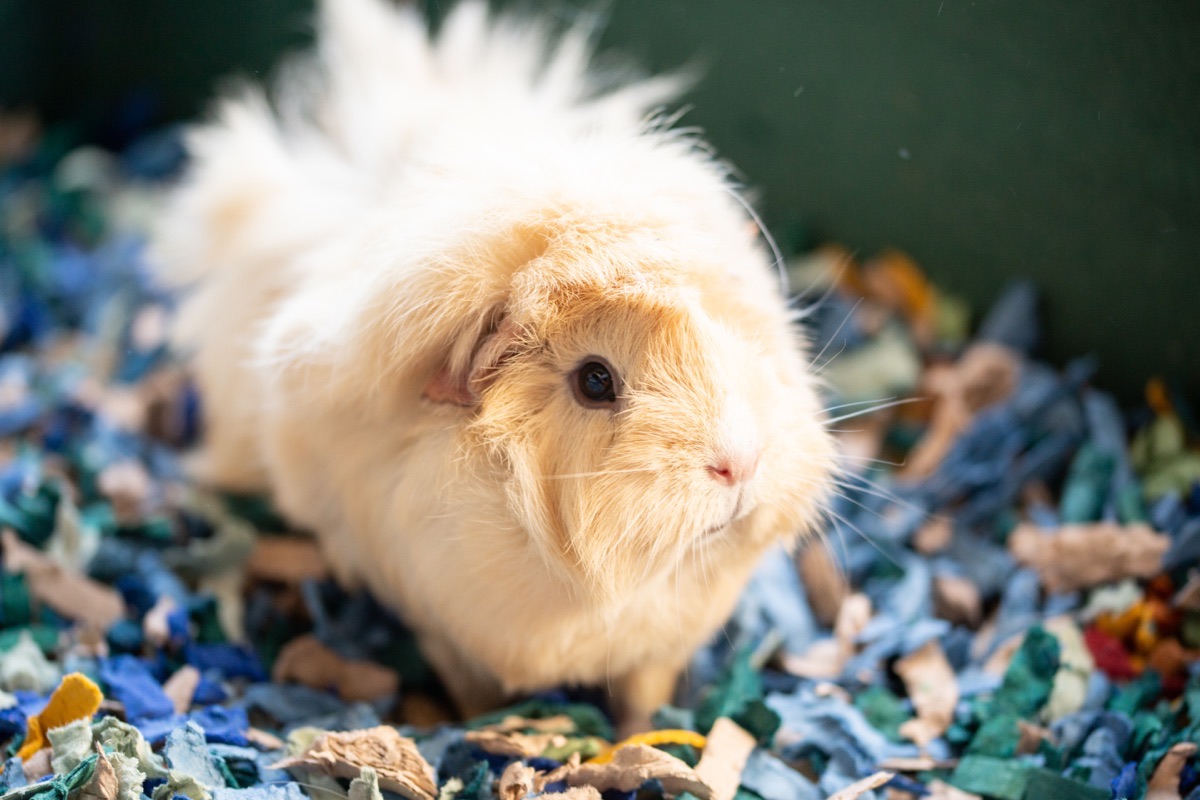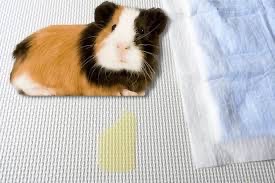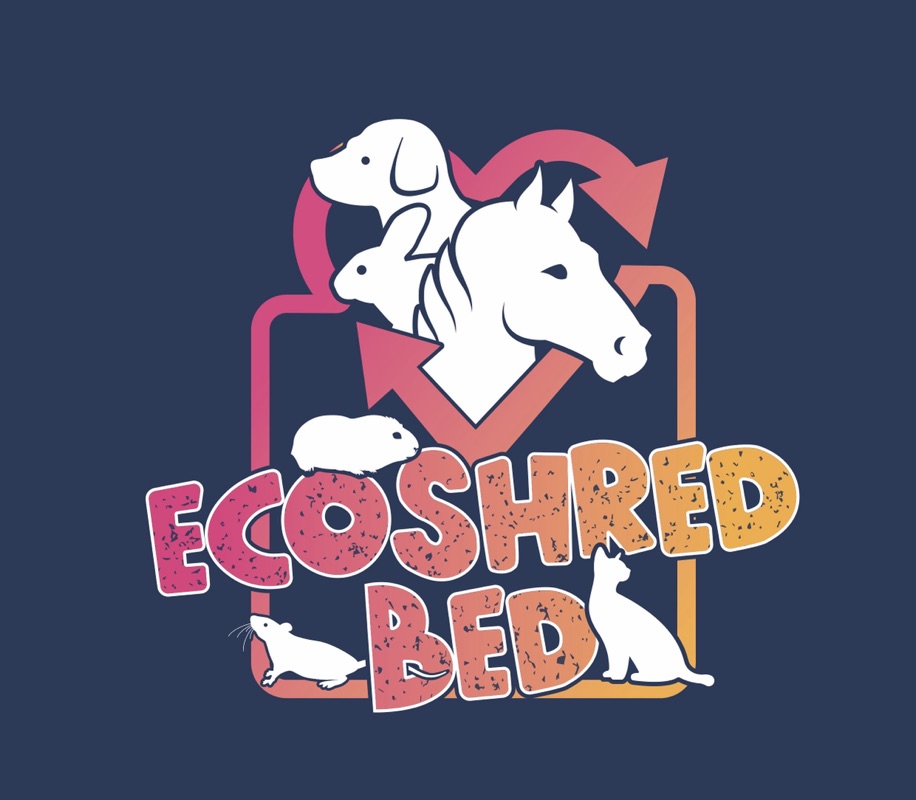


Guinea pigs are popular pets that require a comfortable and safe living environment. One of the most important aspects of caring for guinea pigs is providing adequate bedding for them to nest, play, and sleep in. There are many different types of guinea pig bedding available, but not all of them are safe for your furry friends. This case study aims to investigate the safety of different types of guinea pig bedding.
To conduct this study, we reviewed various scientific articles, online forums, and pet care websites to gather information about the different types of guinea pig bedding and their safety. We analyzed the data to identify the most commonly used types of guinea pig bedding, as well as any potential health risks associated with each type.

The most commonly used types of guinea pig bedding are:
1. Wood shavings: Wood shavings are made from various types of wood, such as pine or cedar. While they are affordable and readily available, they can be potentially harmful to guinea pigs. Pine and cedar contain aromatic oils that can cause respiratory problems and liver damage in guinea pigs. Additionally, the dust from wood shavings can cause allergies in both guinea pigs and their owners.
2. Paper-based bedding: Paper-based bedding is made from recycled paper and is a safe and affordable option for guinea pigs. It is highly absorbent and can control odors well. However, some paper-based bedding products may contain small amounts of chemicals or additives that could be harmful to guinea pigs.
3. Hay: Hay is a natural and safe option for guinea pig bedding. It is highly absorbent and can provide a comfortable and cozy living environment for your furry friends. However, hay can be messy and may require frequent cleaning and replacement.
4. Fleece liners: Fleece liners are a popular option for guinea pig bedding due to their softness and ease of cleaning. They can be reused many times but many people report cleaning them is difficult and you need to be aware of harmful chemical cleaners used to wash them. In winter, fleece liners can freeze when they get damp and may not provide enough insulation for guinea pigs during colder months and they may require additional bedding.
5. Pee Pads. Using pee pads might be dangerous in Guinea pig houses for several reasons. Pee pads are designed to absorb moisture, which makes them useful for housebreaking dogs and other pets. However, they are not recommended for use in guinea pig houses, for the following reasons:
1. Chemicals: Many pee pads contain chemicals that are harmful to guinea pigs. These chemicals can cause skin irritation, respiratory problems, and other health issues. Additionally, some pee pads contain scents that may be unpleasant or even harmful to guinea pigs.
2. Ingestion: Guinea pigs are curious animals that like to explore their surroundings by chewing on objects. If a guinea pig chews on a pee pad, it could ingest some of the chemicals or other materials in the pad, which could lead to health problems.
3. Absorbency: Pee pads are designed to absorb moisture quickly, which can make them dangerous for guinea pigs. If a guinea pig urinates on a pee pad, the moisture can be absorbed so quickly that it doesn't evaporate or dissipate properly, which can create a damp and humid environment. This can lead to respiratory problems and other health issues, as guinea pigs are susceptible to respiratory infections.
4. Cost: Pee pads can be expensive, especially when compared to other types of bedding that are safe for guinea pigs. Using pee pads as bedding can be a costly option for guinea pig owners, especially if they need to be replaced frequently.
In conclusion, using pee pads as bedding in guinea pig houses can be dangerous and is not recommended. Guinea pig owners should instead choose safe and affordable bedding options such as hay or paper-based bedding, which are designed specifically for guinea pigs and do not contain harmful chemicals or other materials. By providing a safe and healthy living environment, guinea pig owners can help their furry friends to live happy and healthy lives.
 |
| Pee Pads are not safe to use for Guinea Pigs |
